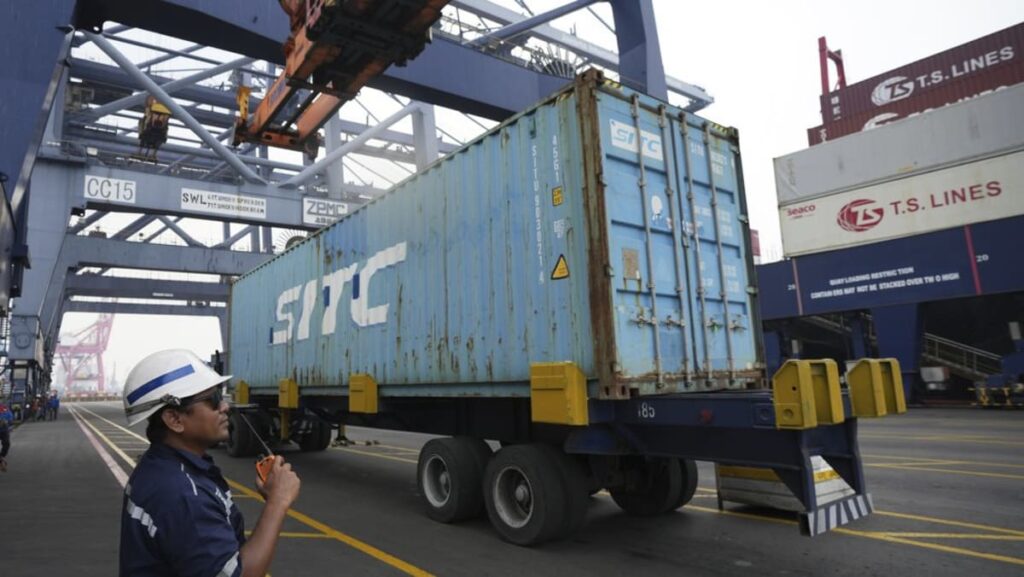JAKARTA: Experts assert that Indonesia must remain resolute in the face of recent US demands to eliminate numerous trade practices viewed as unfair by Washington. They believe that some of these measures are crucial for safeguarding the national interests of Southeast Asia’s largest economy.
These “trade barriers” were highlighted in a report by the US Trade Representative (USTR) on March 31, which pointed out issues that hinder US businesses from entering the Indonesian market.
The 2025 National Trade Estimate (NTE) Report on Foreign Trade Barriers has been cited by US President Donald Trump as a basis for imposing a proposed 32% tariff on goods from Indonesia.
The USTR is currently engaged in technical negotiations with several countries, including Indonesia, due to the looming tariff threat.
The report mentions several barriers, such as inadequate copyright law enforcement, widespread corruption, and overly complex regulatory processes, which have raised concerns for businesses, both American and others operating in Indonesia.
Nonetheless, experts have pointed out that some policies listed by the USTR should not be classified as trade barriers.
These include Indonesia’s initiatives to establish its own cashless payment systems and measures necessary for protecting national interests, such as import quotas and requirements to produce certain components locally before a product can be marketed in Indonesia.
“Certain policies are essential for protecting our manufacturing sector, boosting investment, and stimulating economic growth. It would be unreasonable for Indonesia to comply fully with US demands,” stated Tauhid Ahmad, an economist from the Jakarta-based Institute for Development of Economics and Finance (INDEF) in an interview with CNA.
Without these protective measures, Indonesia risks losing significant foreign investment, facing higher unemployment rates, and potentially entering a recession, experts caution.
In the last two weeks, various high-ranking Indonesian officials have convened with their US counterparts during an International Monetary Fund and World Bank Group meeting in Washington DC to discuss the proposed 32% tariffs.
These tariffs have been suspended for 90 days, effective from April 9, alongside other “reciprocal” tariffs on imports from nearly 60 countries, while a 10% baseline tariff for all countries remains in effect.
Coordinating Minister for Economic Affairs Airlangga Hartarto, who is leading the Indonesian delegation, remarked that Indonesia is open to discussions regarding these trade barriers and is also committed to purchasing billions of dollars’ worth of US products in exchange for lowered tariffs.
“In principle, what Indonesia is proposing is well-received by the US,” Airlangga informed reporters on Monday. While he did not provide further details, he expressed optimism that any agreement reached between the two nations would result in a “win-win solution.”


